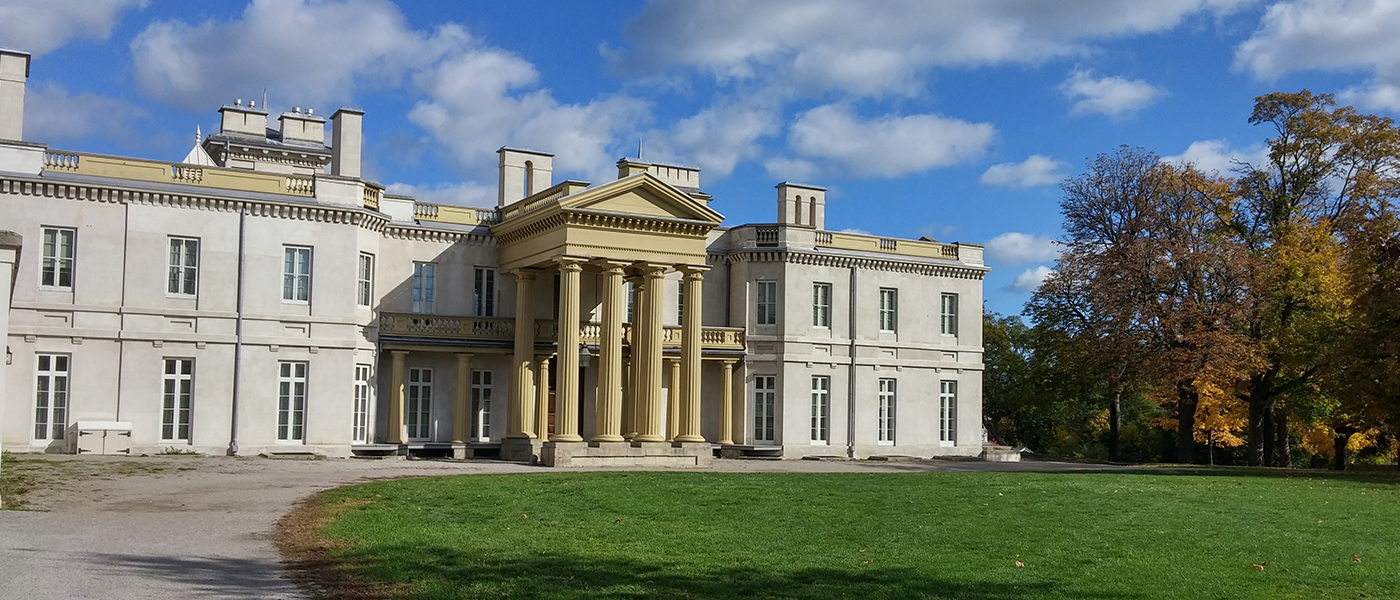Careers in Cultural Resources Management
Careers in Cultural Resources Management
Cultural resources management is the sector associated with the preservation and maintenance of sites, structures, and artifacts of social, cultural, artistic, and/or religious meaning.
Dimensions of Cultural Resource Management
Archaeological Field Work
In Canada many of the firms who focus explicitly on cultural resource management base their business model on the need for professional archaeologists and anthropologists who have the skills to manage field sites. Their work is of tremendous economic value in the building and development sectors because of government laws and regulations requiring archaeological investigation and care-taking of any remains, artifacts, or structures that might be found on a site under redevelopment. This is sometimes known as ‘rescue archaeology’ because the goal is to preserve what might otherwise be destroyed in the process of development.
Related roles include:
- Archaeological Field Technicians who do the work of analysis and preservation.
- Archaeological Field Directors who help to manage sites and teams.
- Licensed Archaeologists who hold responsibility for overall investigations of a given site.
Heritage Management
Heritage management, more generally speaking, is the branch of cultural resources management that deals with the preservation of sites, lands, artifacts, documents, and structures of cultural, religious, historical, or other significance.
Related roles include:
- Curators;
- Cultural interpreters;
- Exhibit technicians;
- Historical interpreters;
- Model makers;
- Park interpreters;
- and many more.
Related Occupational Categories
Whereas exploring careers by ‘sectors’ helps us to sort by employer type, industry, or general field of work, Economic and Social Development Canada’s ‘occupational’ categories tend to focus more on the duties and functions that people play in specific roles. Here are just a few of the occupation categories that may be relevant to this sector:
Academic Program Connections
As you select your program of study and the courses you will take, you can chart a path towards success in this sector from any one of our social sciences departments and programs. Here are just a few examples of academic disciplines that have connections with this sector:
Anthropology Learn More
There are especially strong ties to the cultural resources management sector in the field of Anthropology, which contains subfields like archaeology, cultural anthropology and biological anthropology. An anthropologist’s training and expertise in the details of humankind’s physical and cultural legacy translates extremely well into the cultural resources management sector.
Environment and Society Learn More
Students who pursue courses or programs in Environment and Society often gain insights and competencies that help them deal with the practical, social, and economic complexities related to the social use of spaces, places, and buildings. Their understanding of urban planning, spatial technologies, and related topics prepares to make strong contributions to the cultural resources management sector.
Indigenous Studies Learn More
Indigenous Studies courses foster an in-depth awareness of the relationship between peoples, land, and spaces, providing students pursuing a career in cultural resources management with competencies and sensibilities that allow them to engage meaningfully with partner communities, and to operate respectfully on the lands those communities steward or share.
Society, Culture & Religion Learn More
Taking courses in society, culture & religion can prepare students with an interdisciplinary lens that fosters a deeper understanding of how cultural resources and sites are embedded in religious and social practices and relationships.





